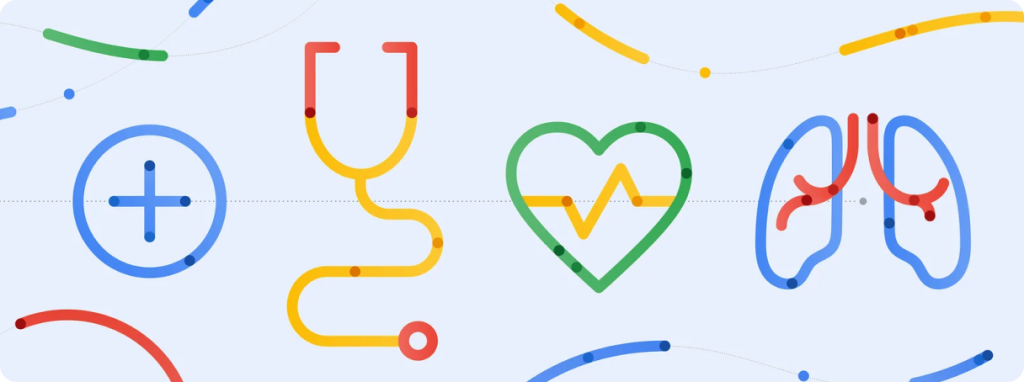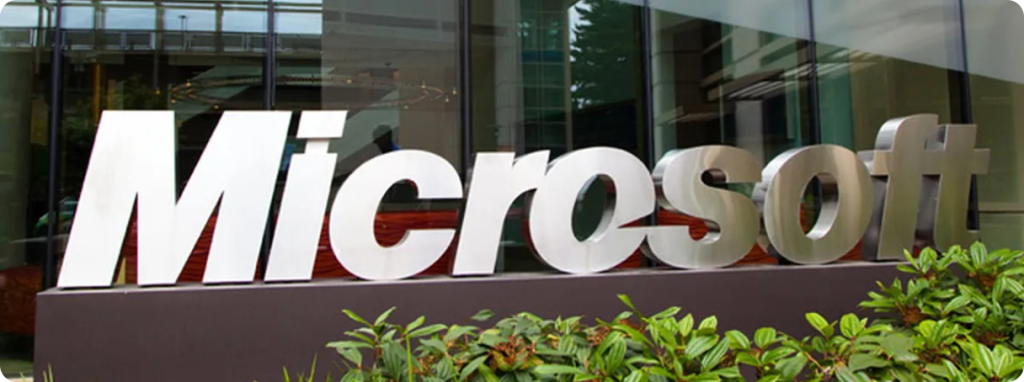Our Blog
Latest News and Articles


Dr. Karen DeSalvo
Chief Health Officer, Google Health
How AI can improve health for everyone, everywhere
As a doctor and Google’s Chief Health Officer, I believe AI has the potential to transform the health of people on a planetary scale akin to the discovery of penicillin. If developed boldly and responsibly, AI stands to be a powerful force for health equity, improving outcomes for everyone, everywhere.
Already, AI has enabled people to tackle big, societal challenges — from advancing medical research to improving the accuracy and efficiency of diagnostic processes and health information quality. Across Google, we are deploying AI in our products to help people in everyday moments. That might look like someone accessing mental health resources on Search, finding a match for a skin condition with Google Lens, getting useful health insights about irregular heart rhythms or powering our most accurate heart rate tracking on Fitbit. We have teams moving our research from the bench to the bedside to democratize access to health across some of the world’s most critical diseases by applying AI to breastand colorectal cancer screening and chest X-ray imaging.
As important and helpful as these solutions are for consumers and caregivers, the next generation of AI and Large Language Models (LLMs) represents a dramatic shift in capability and promises to bring high-quality, affordable care and health to people around the world, with equity and inclusion. This will be a key topic of conversations my team will be having with partners and peers at HLTH, one of the industry’s biggest conferences taking place in Las Vegas next week. As we think about how this next wave of AI will change health, it’s critical to keep these three approaches in mind: develop AI responsibly, collaborate with others and remember that AI is just one of many tools to improve health.


Dr. Karen DeSalvo
Reporter
Microsoft’s Copilot AI can now help deploy field workers
Microsoft is bringing generative AI to frontline field workers by integrating its Copilot AI assistant into its field services platform, streamlining workflows but also enabling supervisors to know what technicians are doing on the job.
Copilot, first introduced in March, is already on Microsoft 365 enterprise platforms and was first used by desk-bound employees who wanted AI to generate text for PowerPoint presentations. (It’s distinct from the Github service of the same name.) Now, Copilot will be added to the Dynamics 365 service used by field workers like cable technicians and electric repair personnel, among a swathe of other jobs in facilities, manufacturing, and healthcare.
With Copilot, service requests sent via Outlook will automatically pre-populate information, including how many times the same customer reached out for service before. Supervisors can review the work order before sending it off to field workers. By fall this year, those work orders will also recommend specific people for the job based on their travel time, availability, and skill set. Already, AI has enabled people to tackle big, societal challenges — from advancing medical research to improving the accuracy and efficiency of diagnostic processes and health information quality. Across Google, we are deploying AI in our products to help people in everyday moments. That might look like someone accessing mental health resources on Search, finding a match for a skin condition with Google Lens, getting useful health insights about irregular heart rhythms or powering our most accurate heart rate tracking on Fitbit. We have teams moving our research from the bench to the bedside to democratize access to health across some of the world’s most critical diseases by applying AI to breastand colorectal cancer screening and chest X-ray imaging.
As important and helpful as these solutions are for consumers and caregivers, the next generation of AI and Large Language Models (LLMs) represents a dramatic shift in capability and promises to bring high-quality, affordable care and health to people around the world, with equity and inclusion. This will be a key topic of conversations my team will be having with partners and peers at HLTH, one of the industry’s biggest conferences taking place in Las Vegas next week. As we think about how this next wave of AI will change health, it’s critical to keep these three approaches in mind: develop AI responsibly, collaborate with others and remember that AI is just one of many tools to improve health.